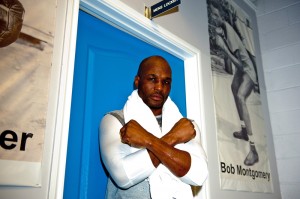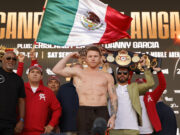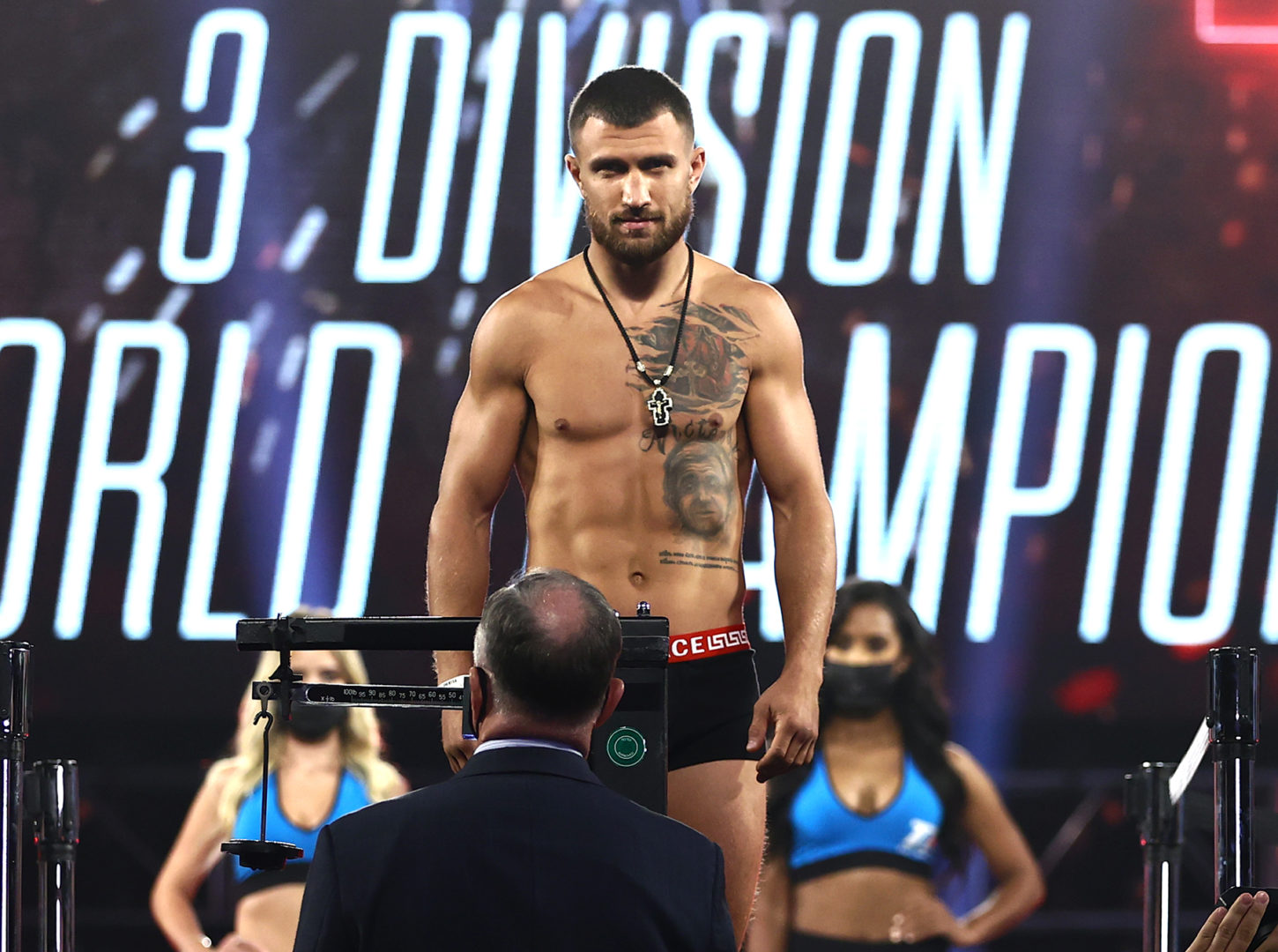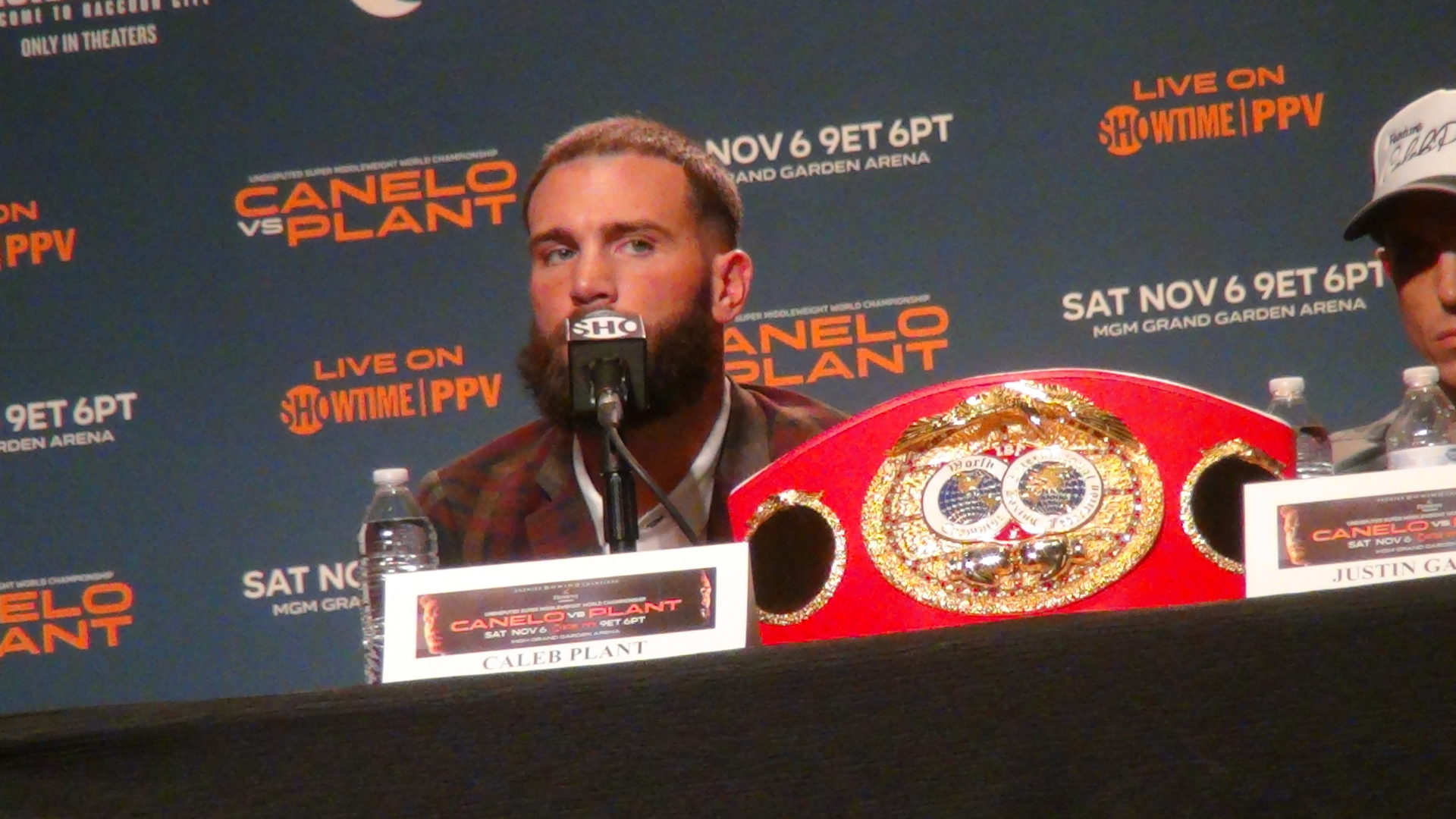
A conference call with Bernard Hopkins is a lot like his career. It goes on forever, which is one way of saying he has been at it longer than anybody ever imagined.
The unabridged Hopkins added volumes in a call last week and plans to deliver on the filibuster’s promises Saturday in Quebec City with another defiant stand against time and Jean Pascal.
“Walking away because of my age would be a disservice to what I bring to boxing,’’ said Hopkins, who has already made history and wants to make more by becoming the oldest ever to win a major title, the World Boxing Council’s light-heavyweight crown.
Not talking, instead of walking, would be the bigger disservice. It’s hard to know what Hopkins can still do as a fighter. Let’s just say that it would have been a service to boxing if he had not fought and beaten Roy Jones, Jr., in his last outing. Hopkins-Jones was bad enough to be irrelevant, which is something that Hopkins-Pascal is definitely not.
I suspect nobody knows that better than Hopkins, who at 45 and within a month of turning 46 will be 38 days older on Saturday than George Foreman was when he beat Michael Moorer for a heavyweight title in 1994. In beating a younger man, there was newfound respect, relevance and pop-like stardom for Foreman among generations that knew him more for a hamburger grill than Muhammad Ali.
Hopkins likes to talk about going old-school. In taking on a fighter near his prime, however, Hopkins isn’t pursuing anything old, or even nostalgic. He’s battling to stay current, determined to prove he still belongs in the middle of the ring instead of in a commentator’s seat at ringside, wearing a tux and an ear-piece.
In part, that means pressure, which has always been there for Hopkins, yet inevitably builds with the time he has so famously been able to manage but will never stop.
“Even if I lose, I’m still young,’’ said Pascal, who is defending the WBC title for the first time. “I can do it again. But Bernard, if he loses, that’s going to be the end. This is it for him.
“He is going out there with all pressure. Even if I’m the champion, it doesn’t matter because he’s the legend. He’s got the legacy. He has to back it up, his history.’’
He also has to back up his words. He is as good at that as just about anybody. The conference call stand-up is one way. He talks, talks and talks, forcing himself to live up to all he says. It’s self-imposed, perhaps. It’s a little bit like former Indiana Pacers shooter Reggie Miller. He needed Spike Lee as an antagonist, as motivation. Lee was always there, in a prime seat in the NBA playoffs, to heighten Miller’s energy and focus.
In conference calls, Hopkins finds his audience of antagonists. Real or imagined, one thing is always certain: The more there are, the better.
“I must say, the naysayers, I thank them because they have been a big part of me proving that I can do it,’’ said Hopkins, who went on to say “thank you, thank you, thank you.’’
I don’t count myself as a Hopkins naysayer, although I’m sure he’d argue right now. I like him, mostly for what he says. Yeah, there is some recklessness in his words. His racial remarks often come off as gratuitous, especially if it is just seen in print.
In person, Hopkins mixes outrage with comedy and uses a tone that says he is willing to talk about it. He has long been condemned by some colleagues for screaming at Joe Calzaghe that he would never let “a white boy beat him.’’ But he made the remark seconds after he told British writers that the “UK has better health care than America. Then again, you all drink a hell of a lot more than we do.’’
Much of what Hopkins does is theater, pure shtick.
But his date with Pascal appears to be serious. It is taking on the dramatic look of a potential last stand. Can he beat the younger man? Sure. But I don’t see how. I don’t think he has even a fraction of the hand speed possessed by the quick Pascal.
Then again, I’ve always been wrong about Hopkins. I picked Felix Trinidad in 2001. Hopkins won. I picked Kelly Pavlik in September, 2008. Hopkins won. The judges gave Joe Calzaghe a victory by split decision in April, 2008. On my card, Hopkins and Calzaghe fought to a draw.
I might be wrong all over again. But another conference call would be good consolation.
“When it’s over with, who else are you going to ask a question for two seconds and get a 10-minute answer?’’ said Hopkins, who was only wrong about the 10 minutes.
More like 60.





















